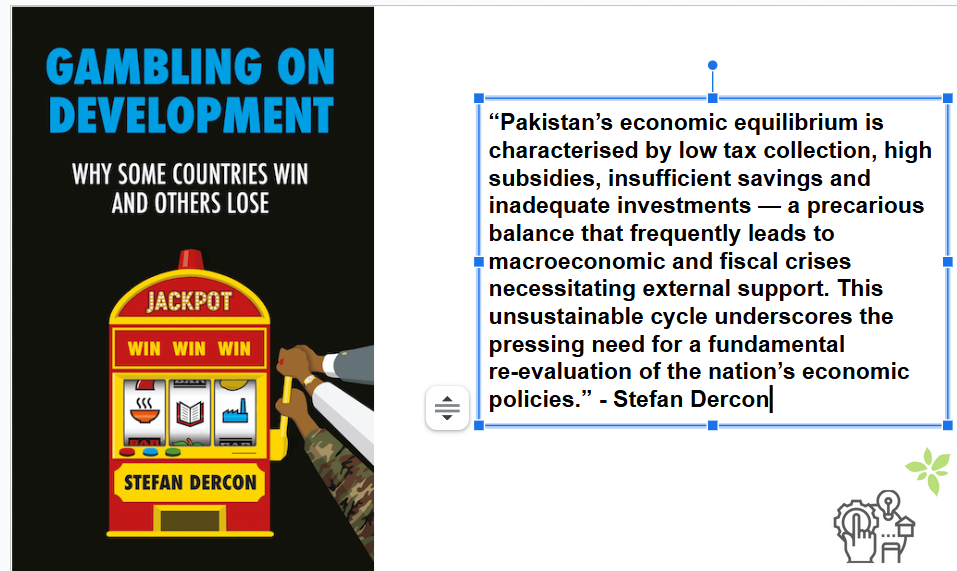India and Pakistan may be two warring countries that gained their respective political identities by the negation of the other. However, when siblings from both these countries speak in one room about agriculture, conversation flows like music and harmony pervades the air, even when they talk about the climate crisis and the shared destiny that awaits them.
This podcast was several months in the making and I had a total blast! If you listen to this podcast, the first-ever cross-border collaboration between neighbouring siblings who are passionate about agriculture, you will perhaps agree.
At the time of India’s Partition and Independence, many agrarian scholars were concerned that the well-irrigated parts of the country had gone to Pakistan. Today, seventy-seven years later, it is fascinating to observe the predicament of both countries.
On one end, India is reeling with the unintended consequences of land reforms done successfully, and on the other end, Pakistan is reeling with the unintended consequences of not pursuing land reforms. Unlike the case of India where 86% of the farmers are small and marginal farmers, in the case of Pakistan, 2% of farmers own 45% of all agricultural land while the remaining 98% own the remaining 55%.
In the case of Sindh, the "haari system" (feudal tenant farming system) has created perverse incentives where land owners who have inherited 100s of acres have no incentive to invest in modern practices since they will remain wealthy due to forces of scale. Their tenants who typically don't have more than a few acres cannot afford to invest in new technology and hence their income remains abysmally low.
This is further buttressed by a deep state whose characteristic was succinctly captured by the late scholar Stephen Cohen: “While nations had armies, Pakistan was an exception. This was a country in which the army had a nation.”
At the end of the day, Pakistan’s problems are more political than agricultural. Stefan Dercon summed it up beautifully in a recent lecture on Pakistan’s future.
Even if the political forces are conditioned to foster hostility, the shared climate crisis faced by both countries unites them, whether it is the urban parts of India and Pakistan suffering from poor air quality or Pakistan becoming more prone to drought and flooding with a higher climate risk than India.
Can the emerging era of Digital Public Infrastructure bring forth a partnership between the two countries to cope with the climate crisis?
Unlike India, Pakistan remains particularly vulnerable to water challenges. Pakistan withdrew over 70% of its freshwater resources each year, in contrast to India and China, which withdrew more water every year than Pakistan, but only 21% and 36% of their freshwater resources.
When you listen to the podcast conversation, you will discover that we touch everything under the sun. Every small and big issue from tax reforms, climate change impacts, the rise of corporate funding, and government policies was discussed. Panelist Ghasharib summed it up best: Pakistan is in the midst of a "Confused Transformation in Agriculture".
It would be fascinating to see how Pakistan would evolve alongside India. Here is a quick TL;DR summary if you are too busy to miss out on the fascinating in-depth conversation that was almost impossible to summarize.
Historical Context and Challenges
The Indus Water Treaty of 1960 continues to impact water distribution between India and Pakistan
Pakistan faces challenges with water management, agricultural productivity, and climate change vulnerability
Land reforms have been limited in Pakistan, leading to a concentration of land ownership
Agricultural Economy and Production
Agriculture contributes significantly to Pakistan's economy (around 38.6% of GDP)
Pakistan has higher yields in some crops (e.g. cotton) due to canal-based irrigation
The country is dealing with issues of food affordability and water resource management
Agritech Ecosystem
There's growing interest and investment in agritech startups and innovations
Corporate investments are increasing in agriculture, often focusing on supply chain security and diversification
The agritech sector is maturing, with a shift from venture capital to more strategic corporate investments
Challenges and Opportunities
Pakistan faces issues with policy inconsistency and lack of coordination between government departments
There's potential for export growth, particularly in niche products like tropical fruits
Climate change poses significant risks, including droughts and floods
Structural Issues
The feudal land ownership system creates challenges for modernization and tax collection
There's a need for better water pricing and management to address scarcity
Political interests of large landowners can hinder agricultural reforms
Future Outlook
There's optimism about the young population (average age 24) driving innovation
Increasing corporate involvement could lead to more mechanization and technology adoption
Climate change preparedness and water management will be crucial challenges to address
Do give a patient listen and share your feedback!!
So, what do you think?
How happy are you with today’s edition? I would love to get your candid feedback. Your feedback will be anonymous. Two questions. 1 Minute. Thanks.🙏
💗 If you like “Agribusiness Matters”, please click on Like at the bottom and share it with your friend.














